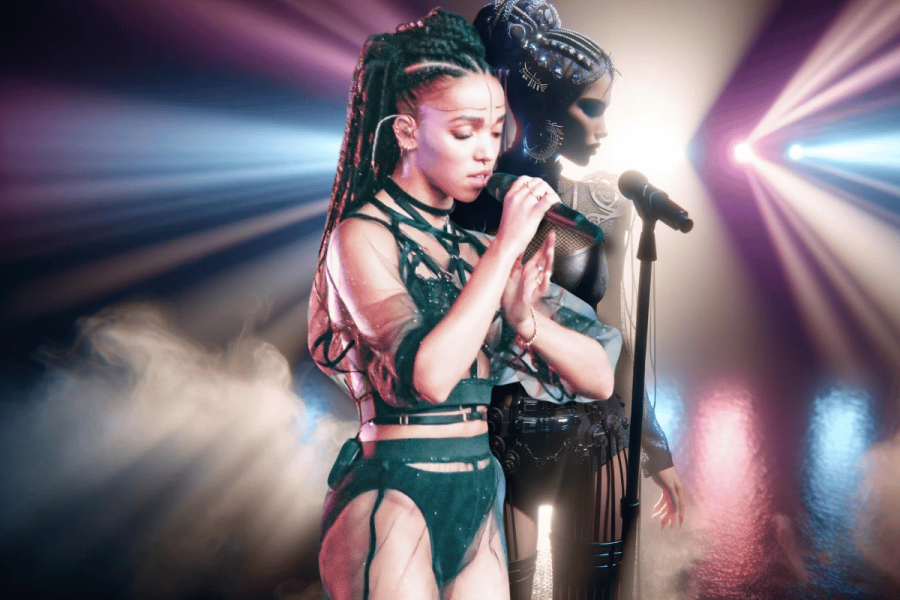Musicians and other celebrities should be protected by a law that would ban AI-generated deepfakes in the U.K., MPs say.
An All-Party Parliamentary Group on Music advocated for legislation that would include “a specific personality right to protect creators and artists from misappropriation and false endorsement.” The proposed law should also safeguard musicians against the potential of artificial intelligence to become “a destroyer of creators’ livelihoods,” according to a report the MPs released on Wednesday (May 1).
The group’s chair, Labour MP Kevin Brennan, stressed the urgent need for politicians to “confront the danger that unfettered developments in AI could pose to the UK’s musicians and music businesses.” However, Brennan also noted the potential benefits of AI, stating it could “help musicians to innovate and to inspire new human creativity.”
He cautioned, “We ignore the necessity to sow policies, which will harvest the benefits of AI, and help stave off the threats it poses, at our peril.” Brennan spoke about the dual nature of AI by stating, “Our central insight must always be that AI can be a great servant but would be a terrible master.”
Responding to the statement, a government spokesperson said, “We are committed to helping artists and the creative industries work with the AI sector to harness the opportunities this technology provides and ensure our music can continue to be enjoyed around the world.” The spokesperson highlighted the importance of “trust and transparency” in this cooperative effort, adding that the government is “working closely with stakeholders and will provide a further update in due course.”
The report was released following the government’s commitment to criminalize the creation of sexually explicit deepfake images in England and Wales.
Musicians use deepfakes of themselves
At the same time as the report’s publication, British singer FKA Twigs announced her use of AI to develop a deepfake version of herself designed to interact with fans and journalists, allowing her to concentrate on her music.
The musician and actress told a US Senate Judiciary subcommittee on Tuesday (April 30), that celebrities and artists should have control over how AI uses their voices, looks and personalities.
“In the past year, I have developed my own deepfake version of myself that is not only trained in my personality but that also can use my exact tone of voice to speak many languages,” she said.
“These and similar technologies are highly valuable tools. This, however, is all under my control and I can grant or refuse consent in a way that is meaningful.
“What is not acceptable is when my art and my identity can simply be taken by a third party and exploited falsely for their own gain without my consent due to the absence of appropriate legislative control.”
She also noted that her digital clone would have the capability to communicate in French, Korean, and Japanese.
“It means that even with my upcoming album, I can really explain in depth what it’s about creatively,” she said.
“It also allows me to spend more time making art. Often being a music artist, or any artist in this day and age requires a lot of press and a lot of promo, a lot of one-liners.
The star contended that individuals should not be allowed to use an artist’s voice and distinctive traits without explicit consent, stating that creators’ “careers and livelihoods are in jeopardy” unless AI is regulated.
Featured image: Canva / Foraggio Photographic


















